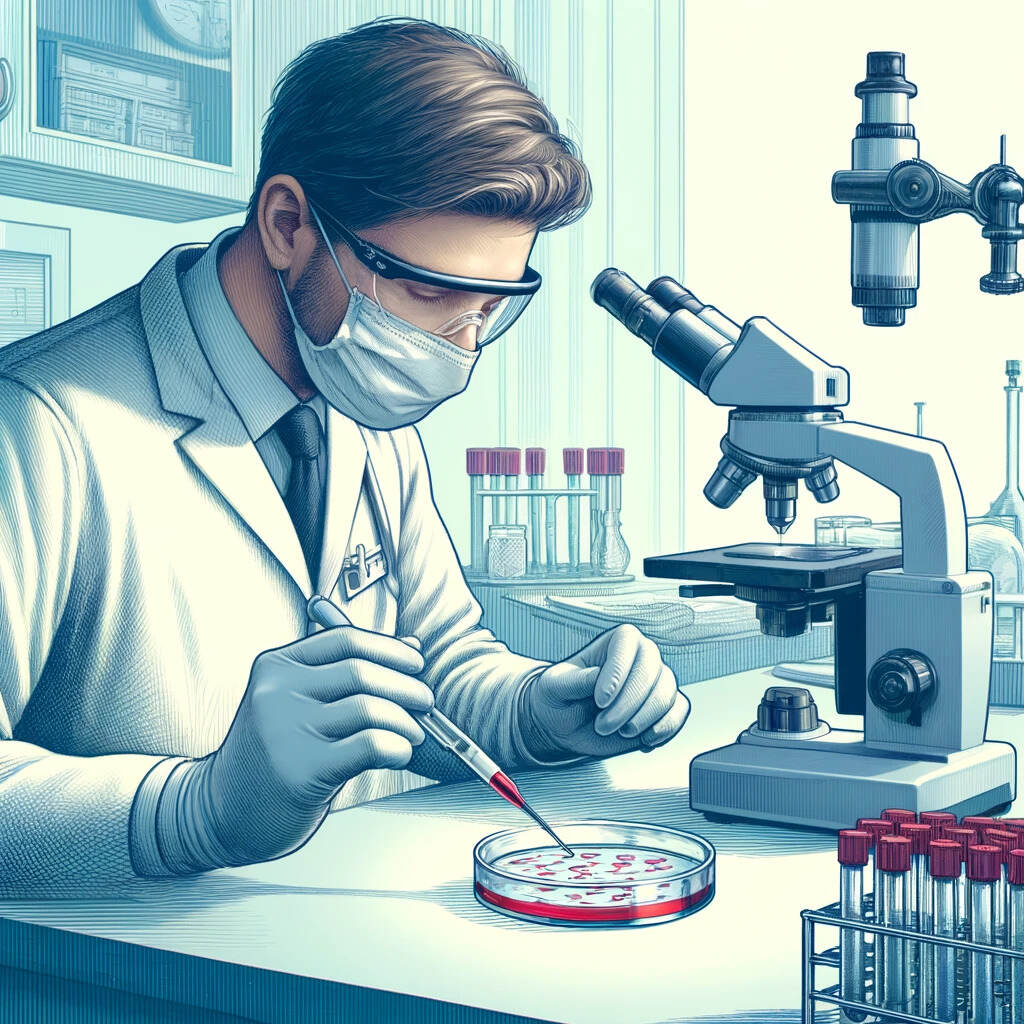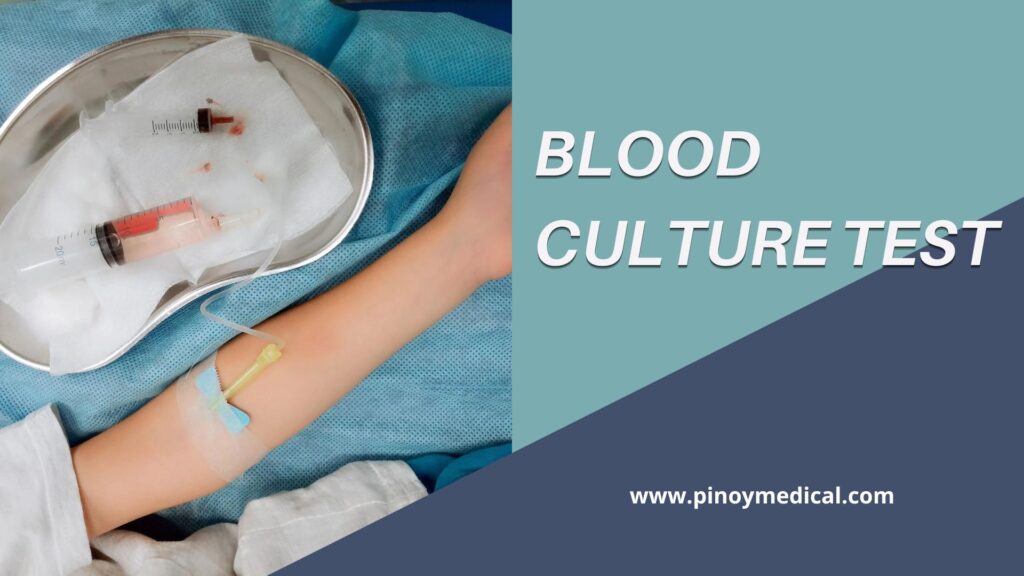A blood culture test is a diagnostic method that detects bacteria, fungus, and other pathogens in the circulation. It is essential for diagnosing illnesses such as septicemia and directing the right course of care. To ensure successful treatment and lower the risk of consequences, this test assists healthcare providers in diagnosing serious infections, identifying the origin of fever, and customizing antibiotic therapy.
Blood Culture Test Price
Blood culture test costs typically fall between ₱820 and ₱1,700, depending on the type of test needed and the intricacy of the service. Government hospitals usually charge less, with prices as low as ₱550. Seniors may be eligible for discounts or special packages. It is advisable to inquire about the exact costs and any available promotions from nearby clinics or hospitals.

Popular Hospitals and Clinics that Offer Blood Culture Tests
The price of a blood culture test varies from hospital to hospital depending on a number of factors, including location, image of the hospital, extra amenities, and whether the test is performed in a government facility or a private one. If you’re looking for reliable locations to get blood cultures, have a look at these reputable clinics.
| Hospital/Lab | Location | Contact | |
| World Citi Medical Center | 960 Aurora Boulevard, Quezon City, Metro Manila | +639565371211 +63 917 708 5843 | [email protected] |
| Hi- precision Diagnostics | Mezzanine and 2nd floor, Pacific Skyloft Bldg., 1160 Governor Forbes, 1008 Lacson Ave, Sampaloc, Manila, 1008 Metro Manila, | (63) 917-628-9073 | [email protected] |
| Ace Diagnostics – Fairview | Cpe Building Unit 2-5 Don Mariano Marcos Avenue 1118 Quezon City | 284613905 | [email protected] |
| New World Diagnostics, Inc. | 205 D. Tuazon, Santa Mesa Heights, Quezon City, 1114 Metro Manila | 0287908888 | [email protected] |
| Region II Trauma and Medical Center | Barangay Magsaysay 3700 Bayombong | (078) 805 3564 | [email protected] |
| Marikina Valley Medical Center Inc. | Sumulong Hwy, Marikina, 1800 Metro Manila | (+632) 8-682-2222 | [email protected] |
| MCU Hospital | MCU Hospital, EDSA, Caloocan City, Metro Manila | +63 2 367-20-31 to 45 | [email protected] |
| Makati Medical Center | No. 2 Amorsolo Street, Legaspi Village, Makati City, Philippines 1229 | +632 8888 8999 | [email protected] |
| Commonwealth Hospital and Medical Center | Neopolitan Business Park, Regalado Highway, Novaliches 1118 Quezon City | 0921 450 4325 | [email protected] |
| FEU – NRMF Medical Center | 19 Regalado Ave, Novaliches, Quezon City, 1118 Metro Manila | (02) 3427 0213 | [email protected] |
Video about Blood Culture Test
FAQs
Which typical symptoms call for a blood culture test?
Indications of a severe or systemic infection include low blood pressure, chills, fast heartbeat, high temperature, and other symptoms.
Can certain bacteria or fungi be identified using the blood culture test?
Yes, the test is capable of identifying particular fungi or bacteria, enabling medical professionals to select the best course of action.
How uncomfortable is the blood culture test?
A routine blood draw for the test may produce some minor discomfort or a quick pinch.
What is the required number of blood samples for a Blood Culture Test?
Typically, two to three blood samples are taken from various body locations to increase test accuracy and lower the possibility of false positives or negatives.
Are the outcomes of Blood Culture Tests affected by Certain Medication?
It is true that some drugs, such as antibiotics, may affect the test findings. Before the test, disclose to your healthcare professional any medications or supplements you are taking.
After a positive result from a blood culture test, what happens next?
Targeted antibiotic or antifungal therapy, infection marker monitoring, and further testing to confirm the infection is eradicated are possible follow-up measures.
If the first result is negative but the symptoms continue, is it possible to conduct a blood culture test?
Yes, doing the Blood Culture Test again can assist in discovering any pathogens that were missed the first time around if signs point to an ongoing infection.
Is it safe for kids to take the blood culture test?
Yes, it is safe for children, although extra caution may need to be used throughout the procedure to reduce pain and anxiety during the blood draw.


